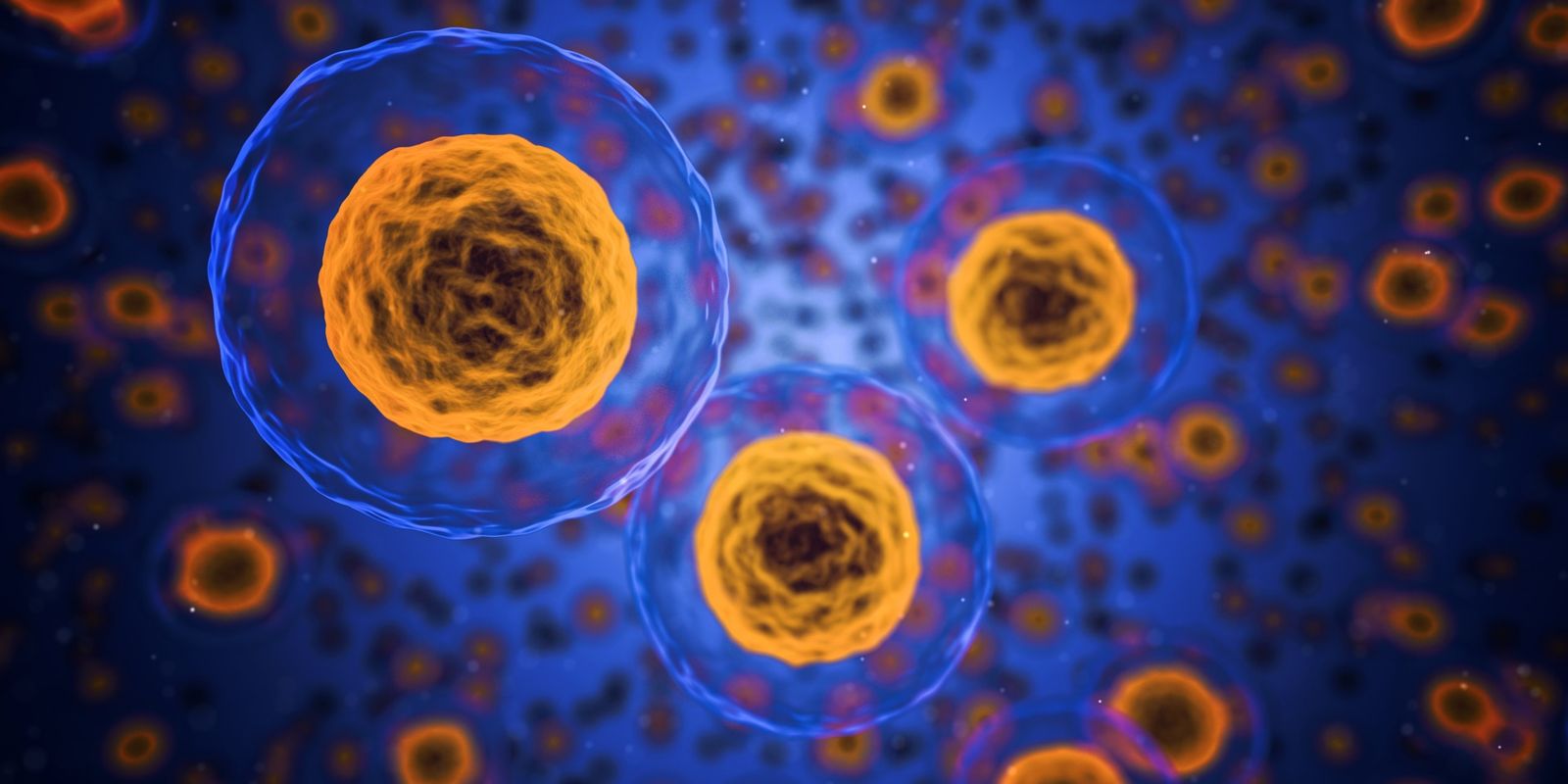The Right to Design Babies? Human Rights and Bioethics
By Roberto Andorno and Alicia Ely Yamin,
Open Global Rights
| 01. 08. 2019
The gene-editing scandal that made headlines in late November, with researcher He Jiankui claiming to have created twin girls whose DNA he had altered at the embryo stage, heightened global awareness of a consequential and close-at-hand decision about how to use and regulate powerful new human biotechnologies. This controversy about whether altering the genes of future children and generations should be permissible had already re-emerged in 2015, after the gene editing tool CRISPR-Cas9 was first used to change the DNA of human embryos in the laboratory. Oddly, the current conversation often ignores a robust set of deliberations about “heritable genetic modification” that took place during the 1990s, as the mapping of the human genome got underway.
By the end of the 1990s, most bioethicists, governments and international organizations had agreed that it would be wrong to introduce inheritable alterations into the genome of human beings. This was regarded as a red line that should never be crossed, based on serious concern for the integrity of future generations. There was a concern about the risk of unintended consequences and potentially...
Related Articles
By Scott Solomon, The MIT Press Reader | 02.12.2026
Chris Mason is a man in a hurry.
“Sometimes walking from the subway to the lab takes too long, so I’ll start running,” he told me over breakfast at a bistro near his home in Brooklyn on a crisp...
By Zachary Brennan, Endpoints News | 02.23.2026
The FDA is spelling out the details of a new pathway to help speed personalized cell and gene therapies to market for rare diseases.
Monday’s long-awaited draft guidance outlines the agency’s “plausible mechanism” framework, a pathway FDA Commissioner Marty Makary...
By Amy Feldman, Forbes | 02.17.2026
"Jennifer Doudna" by Duncan Hull for the Royal Society via Wikimedia Commons licensed under CC by SA 3.0
Soon after KJ Muldoon was born in August 2024, he was lethargic and wouldn’t eat. His worried doctors realized his ammonia...
By David Jensen, California Stem Cell Report | 02.10.2026
Touchy issues involving accusations that California’s $12 billion gene and stem cell research agency is pushing aside “good science” in favor of new priorities and preferences will be aired again in late March at a public meeting in Sacramento.
The...




